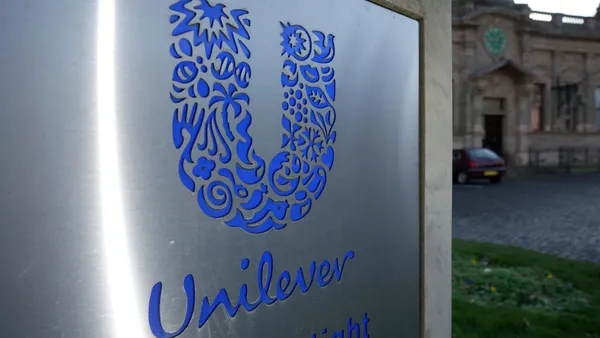Dive Brief:
- Snap Inc., the parent company of Snapchat, is now allowing ad partners in the U.S., U.K., Australia and Canada to sell and manage sponsored geofilters, a move which could boost revenue-earning potential, according to Business Insider.
- Partners can sell sponsored geofilters along with video ads. Business Insider noted that the move is likely intended to help the geofilter format see wider adoption with advertisers on the Snapchat platform.
- Pricing for geofilters is dependent on duration and location. Business Insider compared the price of fencing off an area around the size of 17 football fields in downtown L.A. for five hours Friday night with a comparable effort in midtown Manhattan. The L.A. ad unit's estimated cost was $35 while the similar New York ad commanded $170.
Dive Insight:
The geofilters expansion is an indication that Snap is willing to open up more inventory to third-party sellers as well as make its marketplace more competitive.
Marketers have been closely eyeing Snap following its initial public stock offering last month, with many wondering where Snapchat can carve out a space to own in the ever-more crowded social space. It's a pressing question for Snap, which is facing down a wave of copycat services, especially from Facebook, whose Instagram Stories feature has appeared to stymie Snapchat's growth.
Now, it appears as if geotargeting and similar location-oriented marketing capabilities are where Snap is hedging its bets, both with a new Snap to Store offline attribution product and the recent expansion of geofilters to ad partners. It's a move that makes sense, as marketers are interested in leveraging location to better tie together digital and physical efforts and Snapchat users engage more with geofilters than other ad formats on the platform.
Late last year, Snapchat announced an agreement with Foursquare to improve the targeting of its geofilters using the latter's 90 million data touchpoints. Skechers recently tapped geofilters for a promotion around the L.A. Marathon, which was the longest on-demand geofilter campaign to date.












